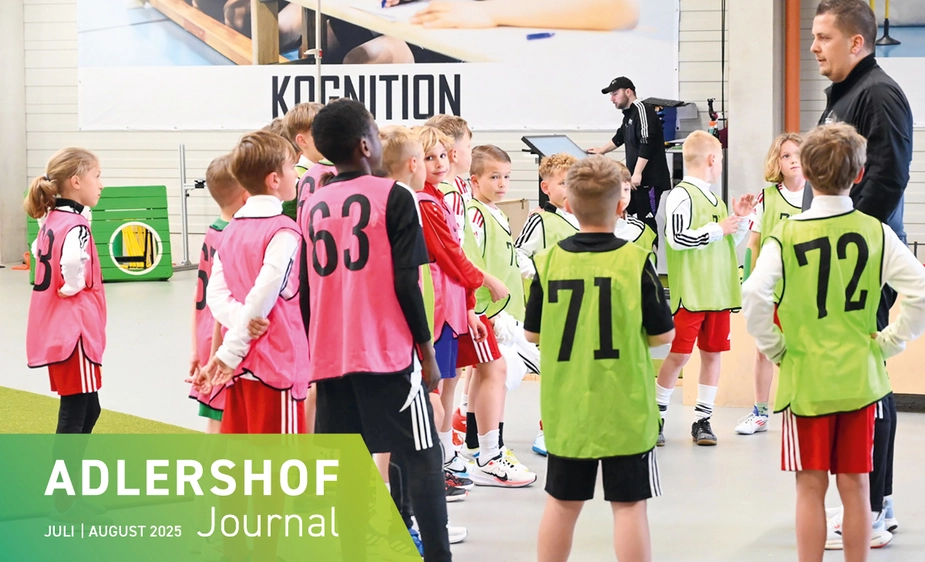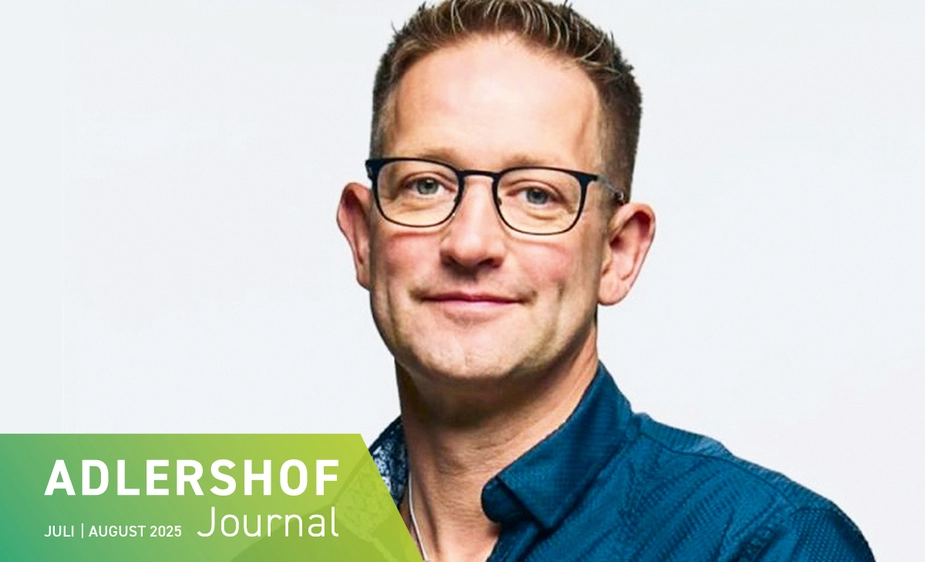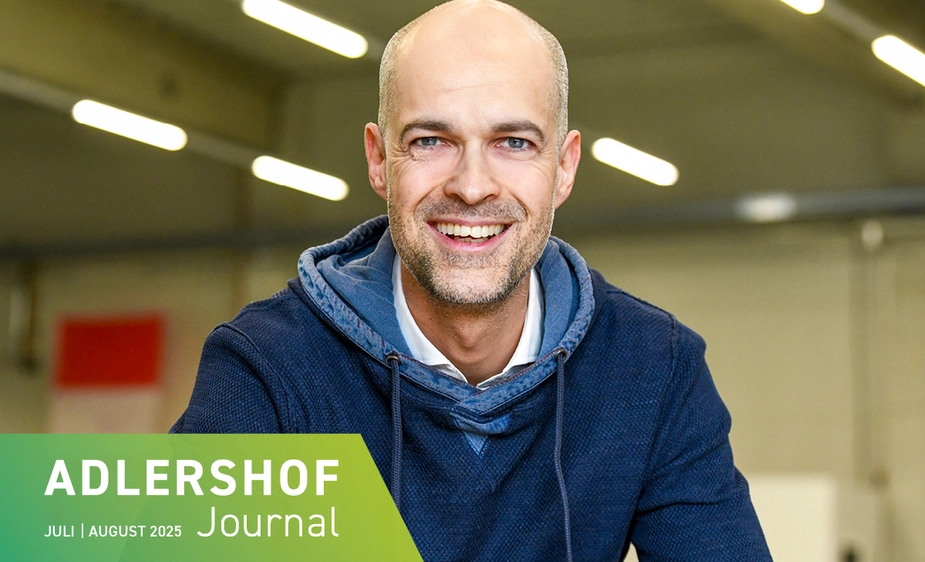Is my child gifted?
From Excel spreadsheets to high-performance sports – how performance diagnostics is changing the way talent is managed
When Daniel Heidrich’s son was scouted by 1. FC Union Berlin for their youth academy, one key question kept coming up—one for which there were surprisingly few solid answers: Is my child really athletically gifted? As an engineer, Heidrich believed that if something can be measured, then it should be measured. Yet the field of sports science offered nothing that met his standards. Consequently, he took matters into his own hands—developed a talent model, ran countless calculations, and laid the foundation for a unique project that is now helping to shape the future of sport in Germany.
What began as a personal father-son journey has since grown into an ecosystem, in which data, technology and athletic potential come together.
This ecosystem is rooted in ebk Krüger & Co. KG Automotive, a company that produces parts for discontinued car models. Heidrich is its co-managing director. When data collection, processes and ordering systems became too complex to be handled in Excel, two student employees started developing smart solutions using a business intelligence platform. That led to the founding of a new IT company: LeitArt—today a pioneer in data-driven business management.
Meanwhile, Heidrich continued to pursue his interest in sport. He focused on four established testing categories—anthropometry (the measurement of body proportions), speed, coordination and cognition—and developed them into a validated model. It quickly evolved into more than a personal project and became company number three: 4talents analytics. Together with a small team, he began testing children—first just a few, then hundreds, and eventually thousands, primarily in the nine-to-thirteen age range. It started in Berlin and gradually expanded all across the country. Today, the database holds 13,000 data sets that are helping to identify athletic talent—not only in football, but also in basketball, handball, and soon also in swimming—long before the children reach competitive age.
The space where it all happens is a hybrid—part sports facility, part training centre, part ideas lab. In the mornings, employees from ebk train here under the guidance of an athletic coach to act against poor posture and physical inactivity. Starting this summer, the programme will open to other people from the Technology Park. Later in the day, the young talent arrives—sometimes entire youth squads, including teams from Bundesliga club Union Berlin. In the evenings, the space occasionally transforms into an event space where technology and movement meet in a relaxed setting: SoccerBot, Skillcourt, vertical jump testing plates—uncharted territory for most of the participants.
One of the minds behind this vision is Karsten Görsdorf, managing director of 4talents analytics GmbH, a sports scientist, a German philologist, and, since June, Germany’s national head coach for swimming. It’s an unusual combination, but one that, to him, fits together seamlessly. His career reads like a deep dive into modern performance diagnostics, ranging from match analysis in beach volleyball to scouting in handball and football, all the way to youth development in basketball. One of his next ambitions: to lead Germany back to the top of the global swimming scene—using strategies that begin in early childhood.
Despite its scientific sophistication, the project remains grounded. At parents' evenings, it can happen that both sides of high-performance sports are openly discussed: Beate Wagner and Axel Schulz, parents of NBA stars Franz and Moritz Wagner, share what the pursuit of the big dream can really feel like—including the sacrifice, loneliness, self-doubt. It’s this honest perspective that gives the project its depth. After all, not every child should become a professional athlete.
What began with one father’s question has grown into something much greater, beyond measuring seconds and centimetres. A nucleus for athletic talent, unlike anything else in Europe. Not state-funded but set up privately. By people with curiosity, courage, and an unshakable belief in what a good idea can become.
Rico Bigelmann for Adlershof Journal


